Related: How Different Is It? ‘Daisy Jones and The Six’ TV Show Compared to the Book
Advertisement
‘Daisy Jones and The Six’ and Steve Nicks Courtesy of Amazon Studios/Getty Images
When Riley Keough was asked who she’d like Daisy Jones & The Six to tour with, she had an answer ready to go — and it may not come as a surprise to fans of the series.
“We could open for Stevie Nicks,” Keough, 34, said while accepting her IMDb “Fan Favorite” STARmeter Award at the 2024 Sundance Film Festival on Saturday, January 20. “That would be cool. I might ask her!”
IMDb’s STARmeter Awards honor stars who have trended on the STARmeter chart over the year. Rankings are determined by the number of page views the celebrity receives each month.
“Thank you to the fans for making me a fan favorite, and thank you to the STARmeter for existing so I could have this award,” Keough said. “It is very special because IMDb is… I mean, as far back as I can remember, everyone checks IMDb. And it’s very important when you’re a young actor. I don’t know, it’s just such a part of the culture so it’s very special!”
Keough also shared that it was a “really big challenge” for her to star in Daisy Jones & The Six because she “had to acquire a lot of skills.”
“I think that the fact that I was able to play music and sing and go up on stage and feel confident about this thing that I’d never done before, and that I could get to that point, was really special for me,” she said. “I feel proud of the fact that we were able to perform live together.”
Riley Keough Arturo Holmes/Getty Images
Daisy Jones & The Six is based on Taylor Jenkins Reid’s book of the same name, which follows a fictional rock band in the ‘70s. Reid, 39, admitted that she used Nicks’ band, Fleetwood Mac, as inspiration for her story, with the fictitious band even resembling the real one.
In August 2023, the Fleetwood Mac vocalist, 75, shared that she had seen the Prime Video series and sang the show’s praises.
“Just finished watching Daisy Jones + the 6 for the 2nd time,” Nicks wrote via Instagram. “In the beginning, it wasn’t really my story, but Riley seamlessly, soon became my story. It brought back memories that made me feel like a ghost watching my own story.”
Nicks continued that she wished her fellow band member, Christine McVie, “could have seen” the show. (McVie died in November 2022 at age 79.)
“She would have loved it,” Nicks wrote. “Hopefully it will continue…”
Ahead of the Emmys earlier this month, Keough revealed that she and her costars — including Sam Claflin, Suki Waterhouse and Camila Morrone — were supposed to perform at a live concert last summer. The set was canceled due to the SAG-AFTRA strike.
When Riley Keough was asked who she’d like Daisy Jones & The Six to tour with, she had an answer ready to go — and it may not come as a surprise to fans of the series. “We could open for Stevie Nicks,” Keough, 34, said while accepting her IMDb “Fan Favorite” STARmeter Award at
Us Weekly Read More
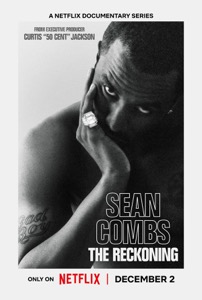
50 Cent’s new Netflix docuseries about Sean “Diddy” Combs is more than a headline-grabbing exposé; it is a meticulous breakdown of how power, celebrity, and silence can collide in the entertainment industry.
Across its episodes, the series traces Diddy’s rise, the allegations that followed him for years, and the shocking footage and testimonies now forcing a wider cultural reckoning.
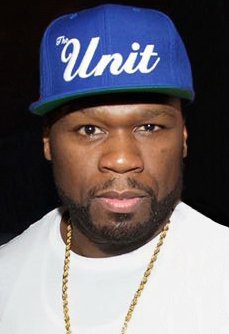
The docuseries follows Combs from hitmaker and business icon to a figure facing serious criminal conviction and public disgrace, mapping out decades of influence, branding, and behind-the-scenes behavior. Watching that arc shows how money, fame, and industry relationships can shield someone from scrutiny and delay accountability, even as disturbing accusations accumulate.
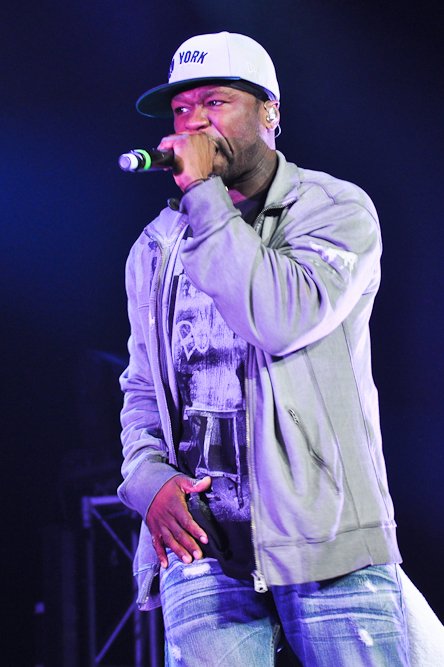
Exclusive footage of Diddy in private settings and in the tense days around his legal troubles reveals how carefully celebrity narratives are shaped, even in crisis.
Viewers can learn to question polished statements and recognize that what looks spontaneous in public is often the result of strategy, damage control, and legal calculation.
Interviews with alleged victims, former staff, and industry insiders describe patterns of control, fear, and emotional or physical harm that were long whispered about but rarely aired in this detail. Their stories underline how difficult it is to speak out against a powerful figure, teaching viewers why many survivors delay disclosure and why consistent patterns across multiple accounts matter.
As executive producer, 50 Cent uses his reputation and platform to push a project that leans into uncomfortable truths rather than protecting industry relationships. The series demonstrates how documentary storytelling can challenge established power structures, elevate marginalized voices, and pressure institutions to respond when traditional systems have failed.
Reactions to the doc—ranging from people calling it necessary and brave to others dismissing it as a vendetta or smear campaign—expose how emotionally invested audiences can be in defending or condemning a famous figure. Watching that debate unfold helps viewers see how fandom, nostalgia, and bias influence who is believed, and why conversations about “cancel culture” often mask deeper questions about justice and who is considered too powerful to fall.
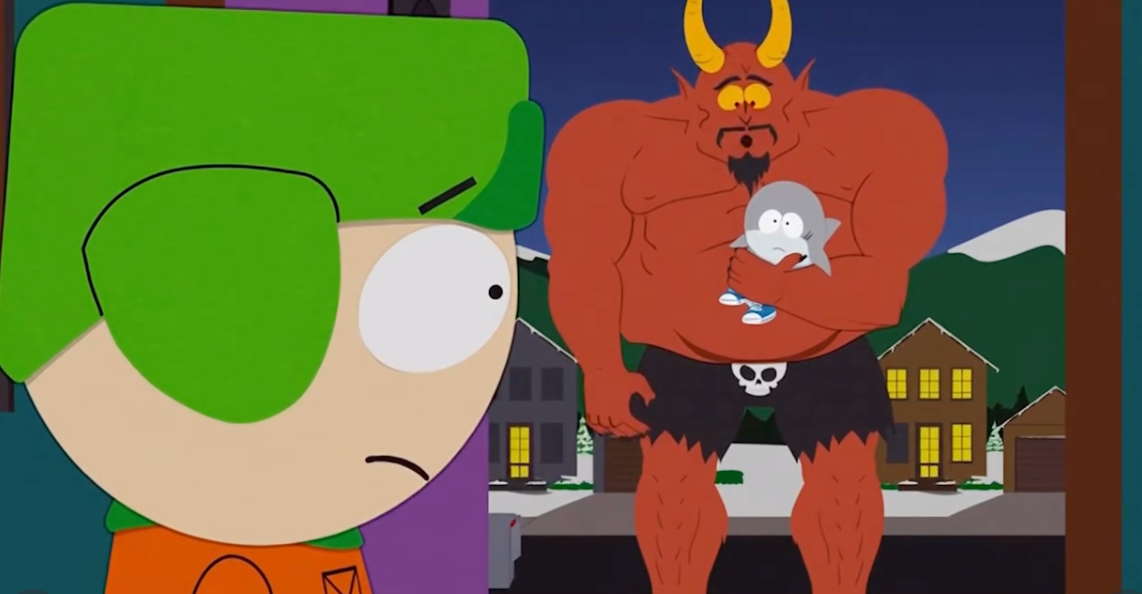
A new Christmas-themed episode of South Park is scheduled to air with a central plot in which Satan is depicted as preparing for the birth of an Antichrist figure. The premise extends a season-long narrative arc that has involved Satan, Donald Trump, and apocalyptic rhetoric, positioning this holiday episode as a culmination of those storylines rather than a stand‑alone concept.
According to published synopses and entertainment coverage, the episode frames the Antichrist as part of a fictional storyline that blends religious symbolism with commentary on politics, media, and cultural fear. This follows earlier Season 28 episodes that introduced ideas about Trump fathering an Antichrist child and tech billionaire Peter Thiel obsessing over prophecy and end‑times narratives. The Christmas setting is presented as a contrast to the darker themes, reflecting the series’ pattern of pairing holiday imagery with controversial subject matter.
Coverage notes that some figures connected to Donald Trump’s political orbit have criticized the season’s portrayal of Trump and his allies, describing the show as relying on shock tactics rather than substantive critique. Commentators highlight that these objections are directed more at the depiction of real political figures and the show’s tone than at the specific theology of the Antichrist storyline.
At the time of reporting, there have not been widely reported, detailed statements from major religious leaders focused solely on this Christmas episode, though religion-focused criticism of South Park in general has a long history.
Entertainment outlets such as The Hollywood Reporter, Entertainment Weekly, Forbes, Slate, and USA Today describe the Antichrist arc as part of South Park’s ongoing use of Trump-era and tech-world politics as material for satire.
South Park is rated TV‑MA and is intended for adult audiences due to strong language, explicit themes, and frequent use of religious and political satire. Viewers who are sensitive to depictions of Satan, the Antichrist, or parodies involving real political figures may find this episode particularly objectionable, while others may view it as consistent with the show’s long‑running approach to controversial topics. As with previous episodes, individual responses are likely to vary widely, and the episode is best understood as part of an ongoing satirical series rather than a factual or theological statement.
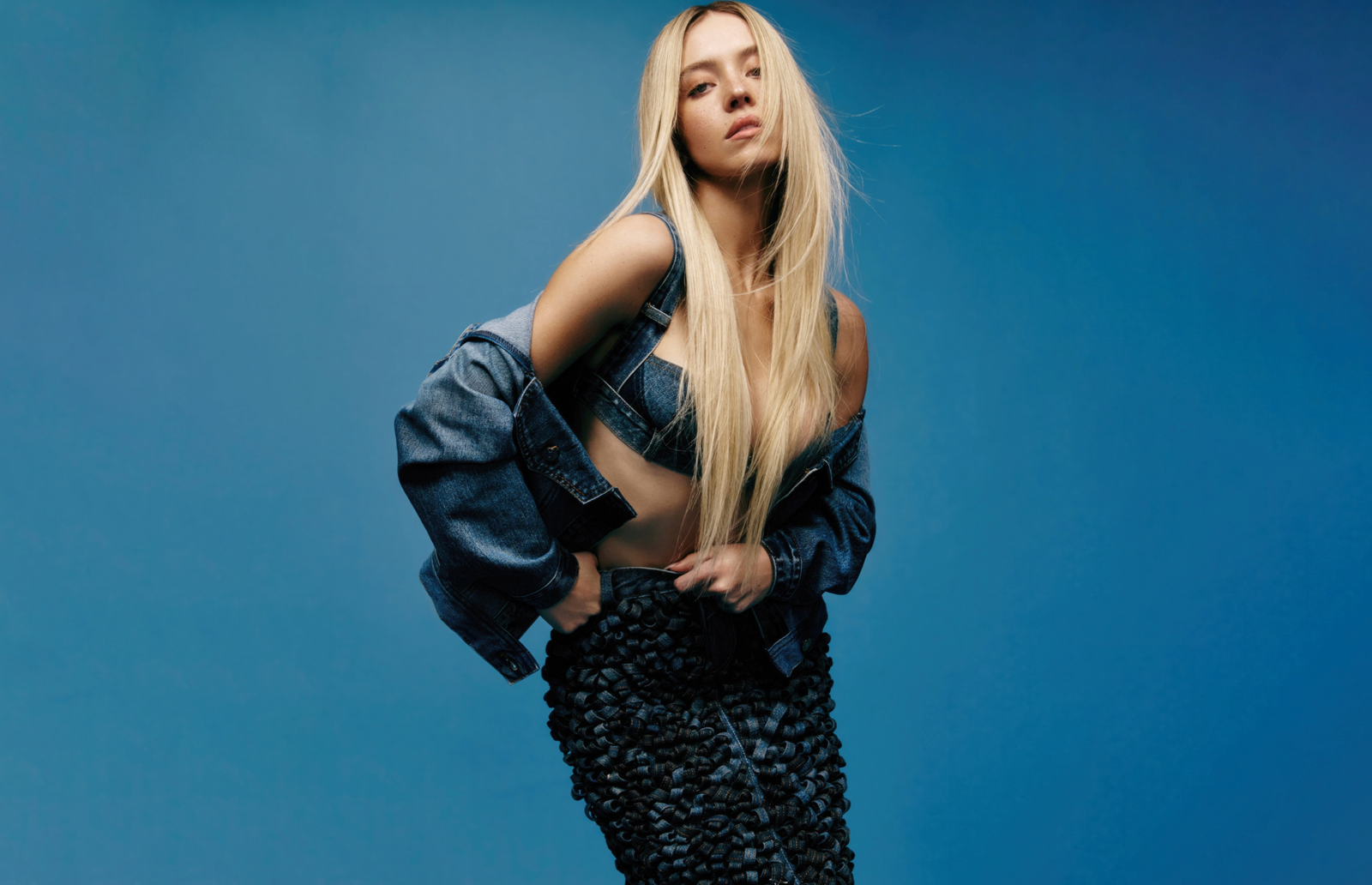
Sydney Sweeney has decided she is finished watching strangers on the internet treat her face like a forensic project. After years of side‑by‑side screenshots, “then vs now” TikToks, and long comment threads wondering what work she has supposedly had done, the actor is now addressing the plastic surgery rumors directly—and using them to say something larger about how women are looked at in Hollywood and online.

Sweeney points out that people are often mistaking normal changes for procedures: she grew up on camera, her roles now come with big‑budget glam teams, and her body has shifted as she has trained, aged, and worked nonstop. Yet every new red‑carpet photo gets folded into a narrative that assumes surgeons, not time, are responsible. Rather than walking through a checklist of what is “real,” she emphasizes how bizarre it is that internet detectives comb through pores, noses, and jawlines as if they are owed an explanation for every contour of a woman’s face.
By speaking up, Sweeney is redirecting the conversation away from her features and toward the culture that obsesses over them.
She argues that the real issue isn’t whether an actress has had work done, but why audiences feel so entitled to dissect her body as public property in the first place.
For her, the constant speculation is less about curiosity and more about control—another way to tell women what they should look like and punish them when they do not fit. In calling out that dynamic, Sweeney isn’t just defending herself; she is forcing fans and followers to ask why tearing apart someone else’s appearance has become such a popular form of entertainment.


Colombia’s ‘Doll’ Arrest: Police Say a 23-Year-Old Orchestrated Hits, Including Her Ex’s Murder


How The Grinch Became The Richest Christmas Movie Ever


Miley Cyrus Is Engaged to Maxx Morando


Disney Brings Beloved Characters to ChatGPT After $1 Billion OpenAI Deal


Luana Lopes Lara: How a 29‑Year‑Old Became the Youngest Self‑Made Woman Billionaire
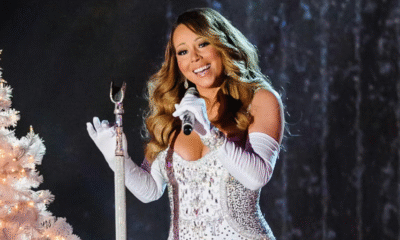

Mariah Carey’s One Holiday Hit Pays her $3.3 Million a Year


Netflix Got Outbid: Paramount Drops a $108 Billion Cash Bomb on Warner Bros.


Anne Hathaway Just Turned Her Instagram Bio Into a 2026 Release Calendar